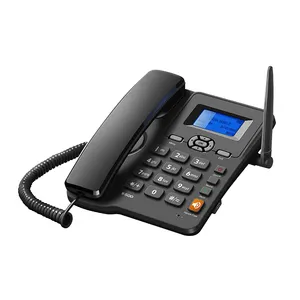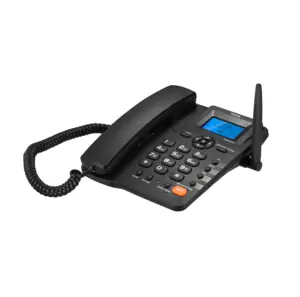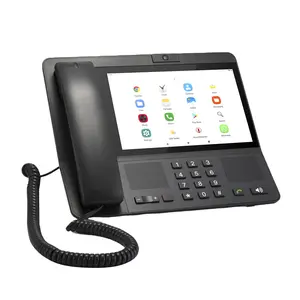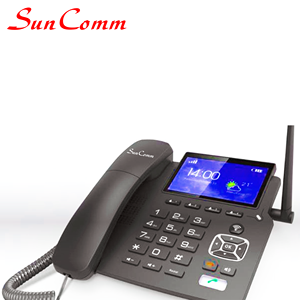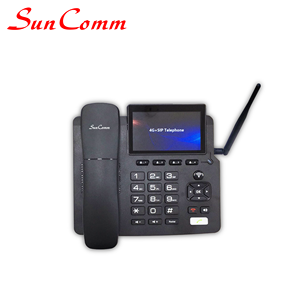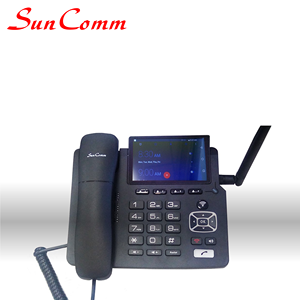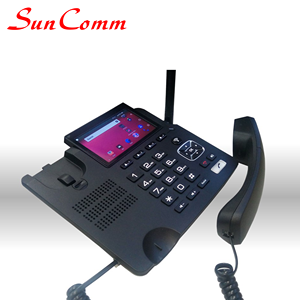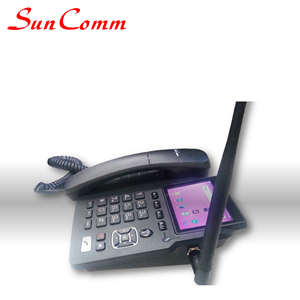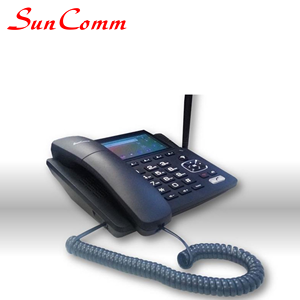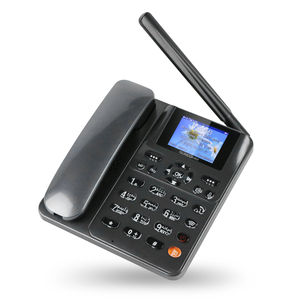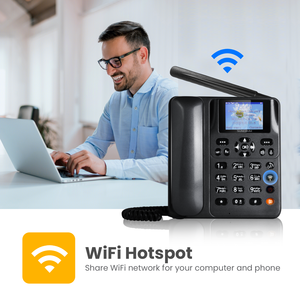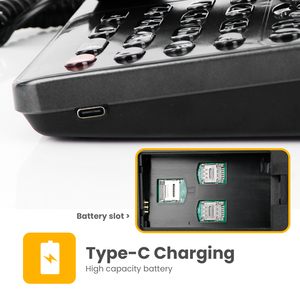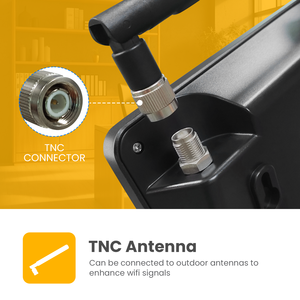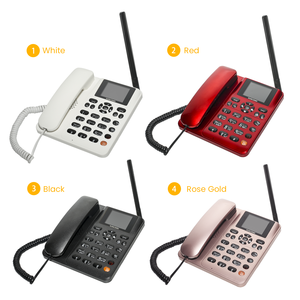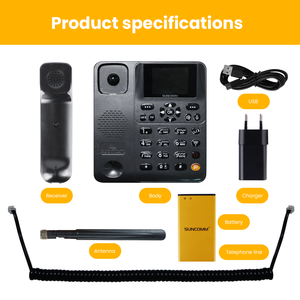Introduction to GSM Fixed Wireless Terminal
The GSM Fixed Wireless Terminal is a sophisticated communication device designed to facilitate seamless voice and data transmission via a GSM network. Perfectly suited for businesses needing reliable mobile communication without the infrastructure of conventional telephony, these terminals leverage mobile technology to connect users over the cellular network. Its versatility and user-friendly design make it an invaluable asset in an array of applications, from corporate offices to remote locations lacking traditional phone lines.
Types of GSM Fixed Wireless Terminal
When considering a GSM Fixed Wireless Terminal, it’s essential to recognize the different types available, each tailored to specific needs:
- Single-SIM Terminals: Best for users who need a straightforward, uncomplicated connectivity solution, allowing one active SIM card for basic voice and data services.
- Multi-SIM Terminals: Ideal for businesses that require enhanced connectivity options, these devices can manage multiple SIM cards simultaneously, improving reliability and reducing downtime.
- Programmable Terminals: Equipped with advanced features that allow for configuration according to user needs, including SMS broadcasting and remote monitoring.
- Industrial Terminals: Designed to withstand harsh environments, these rugged terminals are suitable for outdoor installations, ensuring durability and high performance.
Applications of GSM Fixed Wireless Terminal
The versatility of the GSM Fixed Wireless Terminal positions it as a pivotal element in numerous industries and applications:
- Business Communication: Provides an efficient alternative for companies looking to reduce costs associated with traditional landlines.
- Remote Monitoring: Facilitates communication for systems that require real-time data monitoring in areas with limited connectivity options.
- Emergency Response: Serves as a reliable backup communication tool during power outages or network failures, ensuring continuous access to emergency services.
- IoT Devices: Often used to connect IoT solutions where cellular communication is required, enhancing smart infrastructure development.
Features and Advantages of GSM Fixed Wireless Terminal
The GSM Fixed Wireless Terminal brings forth a range of features that contribute to its growing popularity in the communication sector:
- Cost-Effective Solution: Reduces the expenses associated with installing and maintaining traditional landline services.
- Easy Installation: Plug-and-play setup ensures minimal downtime, allowing users to get connected quickly without extensive technical expertise.
- High Scalability: Highly adaptable to growing business needs, easily accommodating additional SIM cards or expanded functionalities.
- Reliable Connectivity: Leverages GSM networks, which are often more resilient than traditional telephony infrastructure.
- SMS Messaging Capability: Allows users to send and receive text messages, an essential feature for many business applications.
- Remote Accessibility: Users can manage settings and monitor functionality remotely, increasing operational efficiency.













